Transition
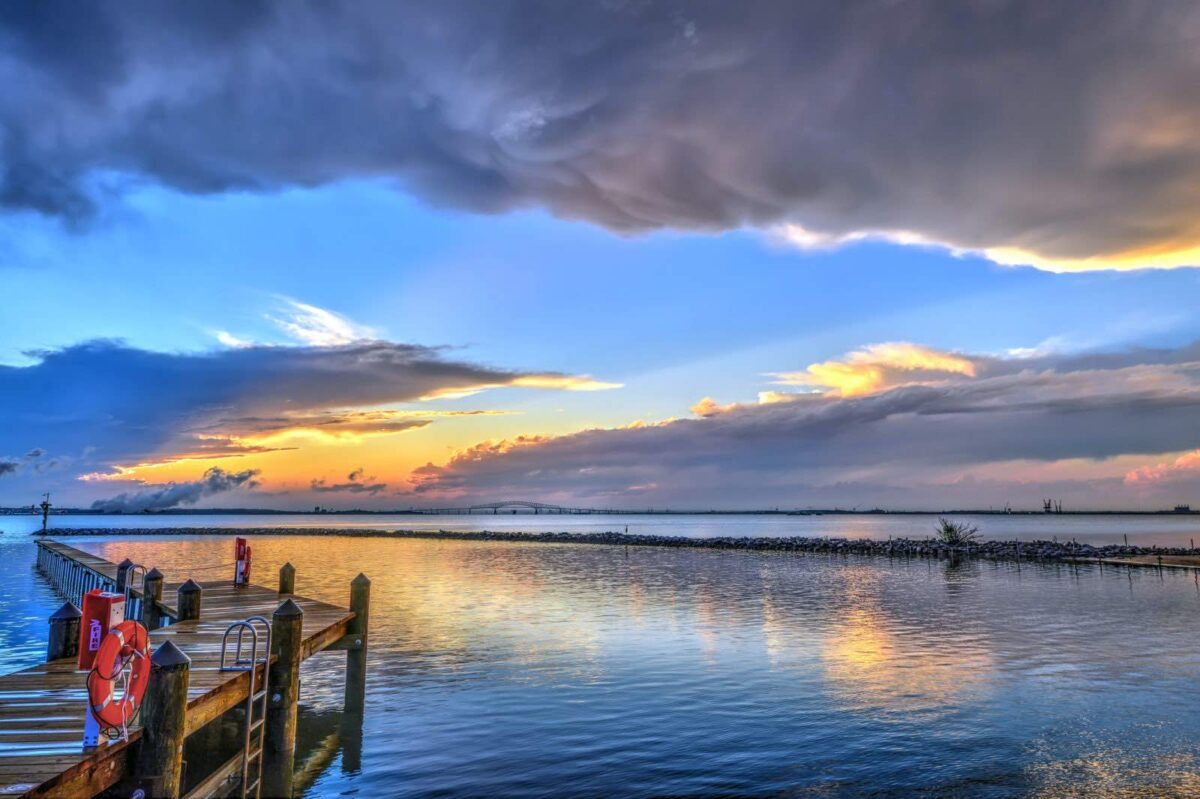
Estimated Reading Time: 4 minutes – All my life, I romanticized island living and wanted to live on a relatively small island, even if it would only be on weekends. However, when I thought of a small island, I never thought of a Robinson Crusoe type of isolated living. My island has to be established, well endowed, and small enough that it’s home to a few hundred to a few thousand very friendly people. It definitely has to have an abundance of freshwater (that is a must for me) and a mostly sunny, lush green habitat, starting from its beaches and perhaps climbing up to small hills. No mosquitoes and weird bugs, please. Oh, of course, it had to have all the luxury amenities along with a great internet connection. You guessed it, I am not a person who’s okay with roughing it. Hey, it’s easy and free to dream, isn’t it?
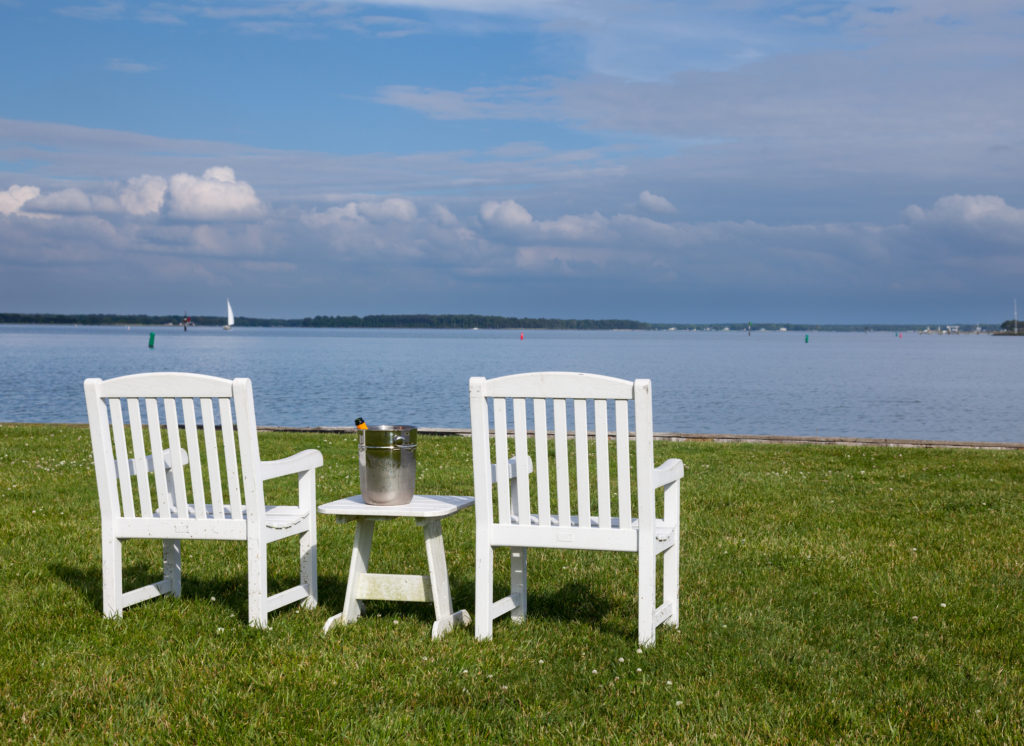
So, I subscribed to Islands Magazine to read about all the fabulous islands of the world, dreaming of one that would be great to live in.
While I was dreaming about islands, a few years back I realized that there was something wrong with my dreams and that my dreams couldn’t become true. As a member of the baby boomer generation, I was getting more mature every day and, having married and had a family, put down deep roots in our area. After realizing my dream could no longer become true and we were not about to rip out our roots and move away, I had to do some serious dream adjustment. The result? I subscribed to Coastal Living Magazine. I can hear some of you saying perhaps you
Well, in the name of living my dream, leaving our roots behind has never been in the cards, no matter what. However, coastal living without leaving our roots was a viable option and, thanks to my wife going along with my “ideas,” we have exercised it and my adjusted dream, coastal living, became a reality. Now, we’re living on the shores of the Chesapeake Bay. Oh, and I also subscribed to another of my new favorite magazines, Chesapeake Bay Magazine.
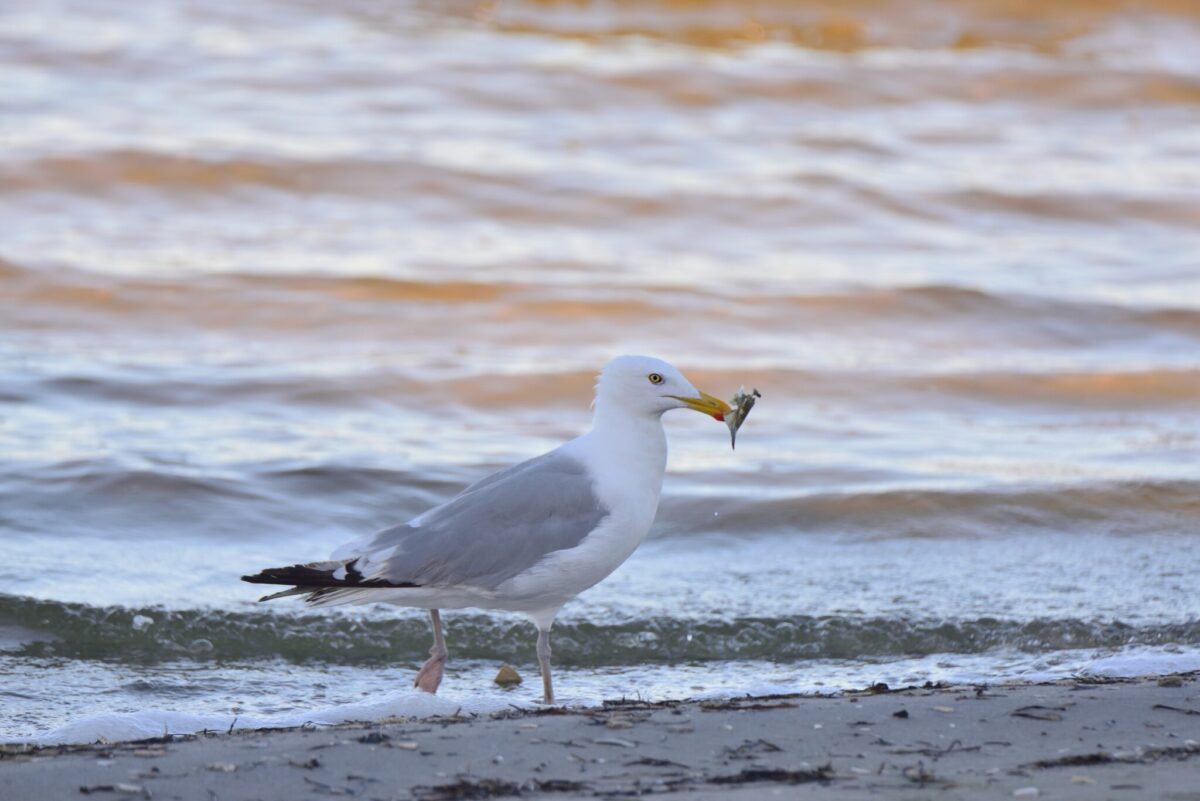
3 things I learned
- If coastal living is out of your reach, consider having a boat or becoming a member of a boat sharing offering, which is much cheaper than boat ownership. As per Boat US, if you own a boat, it may also provide you with some tax benefits. However, especially in 2018 and going forward, check with your tax guy to make sure that you would be able to have that advantage.
- When you can, consider taking a river or canal cruises. Two good examples are Le Boat and American Cruise Lines. Check the internet, there are many other river and canal cruises that fit most every budget. To me, the smaller the boat, the better it allows us to interact with our external environment, which is relatively close to having your own boat experience.
- People on the water and small waterfront towns are much friendlier than otherwise.
3 things I recommend
- Look for and join in with your local U.S. Power Squadrons or any boat club. They are the best places to start making memories while having coastal living experiences. You do not need to have a boat to enjoy their programs and make friends. Also, when you look for it, surprisingly, you will find more boating-related clubs around you than you would imagine.
- Subscribe to Ensign Magazine and check out the articles online in Boat US Magazine
- Read other boating blogs such as the listed ones on
Docwa and explore other topics on their site. There are a large number of boating and waterfront-related activities all around us, all you have to do is search for it.
How easy?
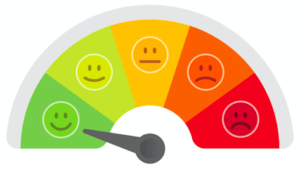

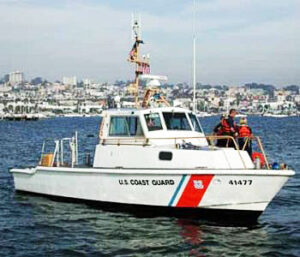











Nice. Easy to read and informative.